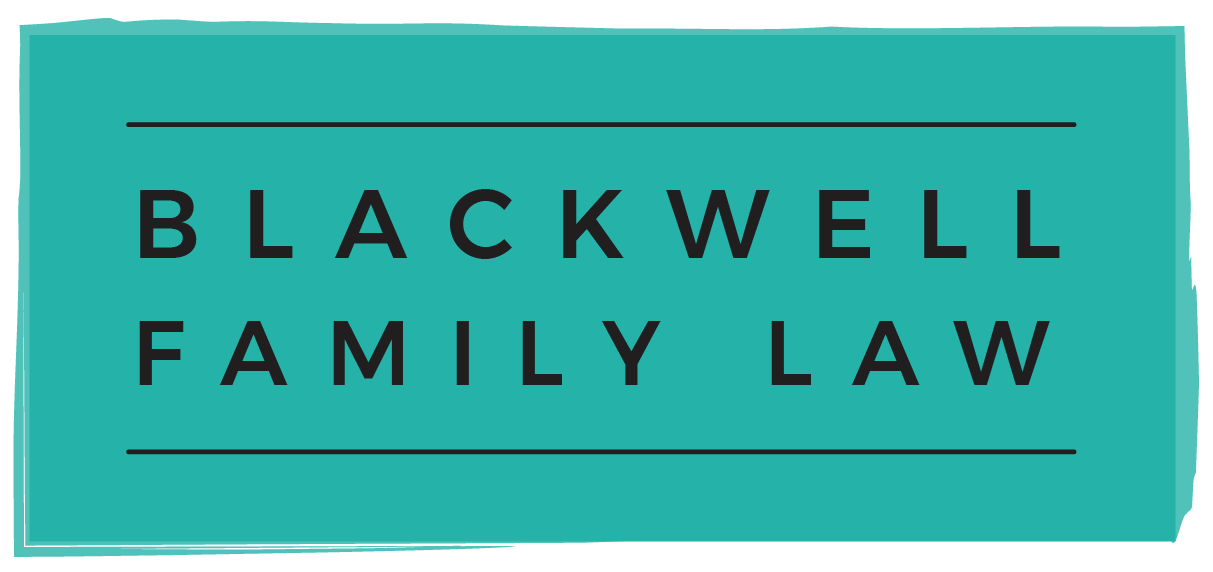Many parents and former spouse have suddenly seen their income and job security disappear because of the Covid-19 crisis. At this early stage, it is still hard to tell how long a drop in employment income will last, and if the available government benefits will make up the difference. If a support payor or a support recipient has experienced a significant drop in income as a result of Covid-19, it is important to promptly notify the other parent or former spouse of the change. Do not wait until the annual income disclosure date to share that information. It is also important to continue to pay support amounts at the existing pre-Covid-19 rate until there is an agreement to change the amount or the amount is changed by a court order. Payments can be made “without prejudice” to a future retroactive variation which goes back to the date of the change in income if that turns out to be appropriate. Any overpayment could then be applied to future support amounts owing.
If you need to change the support amount that is set out in a Separation Agreement, check the dispute resolution clause of the Agreement. It will tell you what procedural steps you should take to negotiate a change to the support amount.
If your support is set out in a court order, your procedural options are determined in part by which level of court made your order (Ontario Court of Justice or Superior Court of Justice) and the court region within Ontario. If you are at the Superior Court of Justice in Toronto, you can only request a case conference or motion for a temporary change to a support order if it is urgent and affects the financial stability of the family unit. Outside of Toronto, motions to deal with urgent financial issues are often limited to those resulting in dire financial consequences. But, many court regions outside Toronto are now allowing non-emergency case conferences on limited issues by telephone or video conference. And, as of April 6th, all Superior Court locations across the province will accept a 14B motion for a consent order, including a consent order for a temporary change to support.
The Ontario Court of Justice has not yet expanded its emergency court services. As of April 15th, the definition for urgent matters that can be dealt with at the OCJ still does not include any support related issues except refraining motions related to FRO enforcement. Reference should be made to the Ontario courts website at www.ontariocourts.ca for the most up to date notices and practice directions for both levels of court.
if your support order is enforced by the Family Responsibility Office, you should be aware that FRO is still enforcing ongoing support payments. FRO does not have authority to reduce an ongoing support amount, even if both the support recipient and payor agree. However, FRO has always had some discretion over the payment of arrears that have accumulated since the last court order was made, and FRO has indicated that it may be flexible with enforcing arrears against payors who find themselves in a difficult situation because of a loss of income related to Covid-19. Remember that if a support payor loses their employment, FRO will no longer collect support through automatic deductions off the payor’s paycheque. But, FRO can and will garnish up to 50% of most government benefits available to the payor, including Employment Insurance benefits. Note that the new CERB payments cannot be garnished by FRO. Support payors and support recipients (or their lawyers) should be in touch with their client service associates at FRO to find out the specific status of enforcement mechanisms in place on their files, and to make requests to change them if necessary.
Most importantly, as the family court judges who are dealing with urgent cases before the courts remind us, now is the time for more cooperation and less litigation. Be reasonable, be creative, and we will all get through this together.
